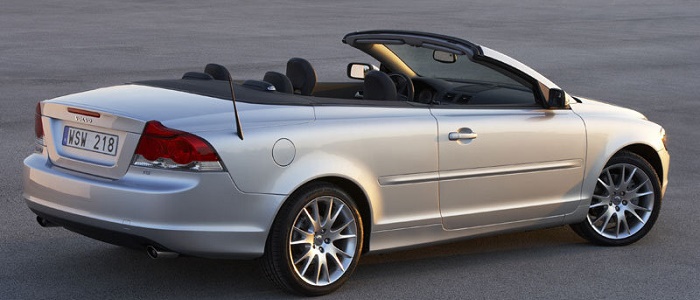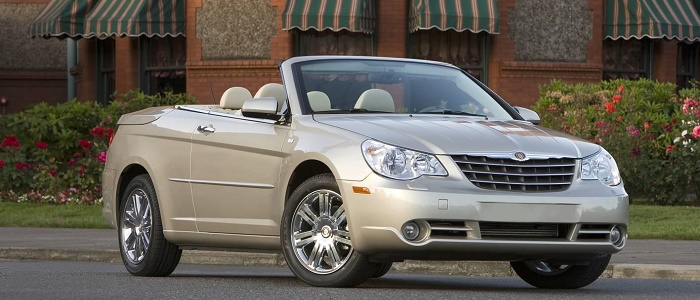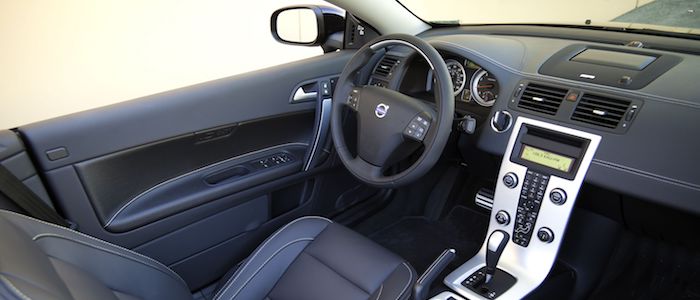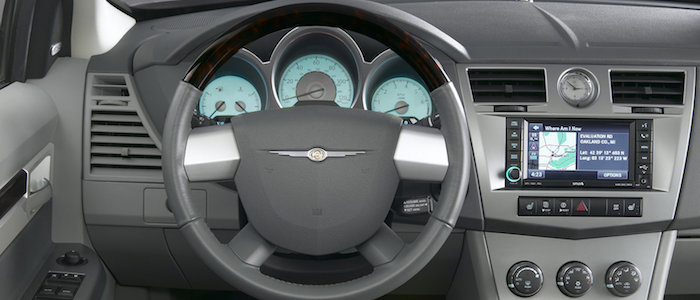Compare two cars
Compare any two cars and get our Virtual Adviser™ opinion
Dimensons & Outlines
Check vehicle history
Engine
Performance (manual gearbox)
Performance (automatic gearbox)
Expenses
Virtual Adviser's™ opinion
We are here considering two somewhat similar cars, but we can't deny some of the obvious differences. For a start, they are not even classified under the same segment, with the Volvo being a sports car and the Chrysler representing large family car vehicle class. The first one has a Volvo-engineered powertrain under the hood, a 5-cylinder, 20-valves 180hp unit, while the other one gets its power and torque from a 4-cylinder, 16-valves 140hp engine designed by Volkswagen.
SafetyUnfortunatelly, neither of the two vehicles was submitted to the European New Car Assessment Programme (Euro NCAP) testing. This makes it virtually impossible for me to pick one over the other and I'm generally against buying such cars as the safety should really always come first. That aside, let's consider some other aspects which affect safety. The second vehicle is a large family car and that gives it a marginal advantage over the sports car competitor, at least that's what statistics show. Furthermore, taking kerb weight as an important factor into account, the American car offers a marginal difference of 5% more metal.
ReliabilityReliability is not the best thing to consider on the make level, but it is worth mentioning that Volvo as a brand displays somewhat better results, when all the models are taken into account. These are the official statistics, while our visitors describe reliability of Volvo with an average rating of 3.2, and models under the Chrysler badge with 4.4 out of 5. Some independent research have also placed C70 as average reliability-wise, and Sebring is more or less at the same level.We should definitely mention that owners of cars with the same powertrain as the Swedish car rank it on average as 5.0, while the one under the competitor's bonnet gets 4.3 out of 5.
Performance & Fuel economyVolvo is undoubtly more agile, reaching 100km/h in 2.3 seconds less than its competitor. In addition to that it accelerates all the way to 225 kilometers per hour, 30km/h more than the other car. When it comes to fuel economy things look pretty much the same for both cars, averaging around 7.1 liters of fuel per 100 kilometers (40 mpg), in combined cycle.
Verdict
Volvo appears just a bit more reliable, although the difference is truly marginal. The most important thing when deciding between any two vehicles should always be safety, both passive and active. In my opinion, everything taken into account, the American car offers significantly better overall protection, taking the lead here. From there things take a different direction, with Volvo outracing its opponent in any situation possible, making it better choice for boy racers. It does come at a cost though, and that's the fuel consumption... It's really tough to make a final decision here, but if I'd need to, I'd say Volvo. Anyway, that's the most objective conclusion I could've came up with and it's based solely on the information found on this website. Aspects such as design, practicality, brand value and driving experience are there for you to measure them out. Also, you could use the oportunity to find out which car, everything taken into account, would be the perfect choice for you in the eyes of the virtual adviser™, among thousands of similar, yet so different vehicles.

































